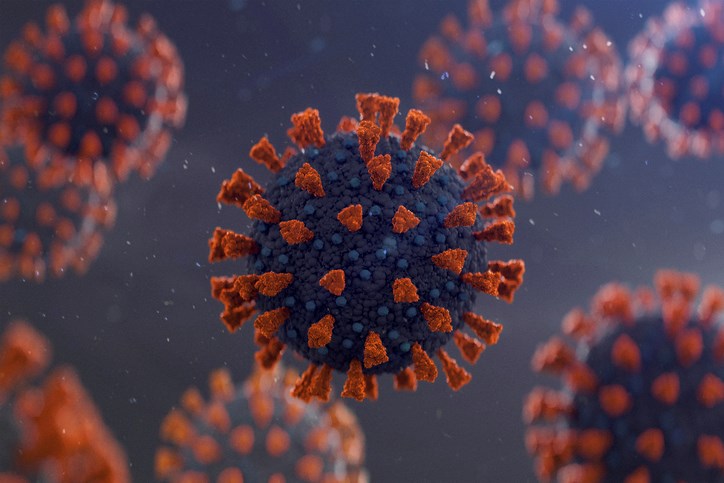Looking at some of the COVID-19 related statements coming from the Manitoba government last week, it appears that that the Progressive Conservatives are big believers in former U.S. president Ronald Reagan’s famous 1986 quote about the nine most terrifying words being “I’m from the government and I’m here to help” because current policies seem to be mostly about doing less.
In December, as it started to become clear that yes, the omicron variant was making its way to Manitoba (which probably should have been obvious given that the two previous waves didn’t arrive in Manitoba first but they definitely did arrive), the province said that resources were being redirected away from contact tracing and case investigation to vaccination because the quick onset of symptoms following contracting of the omicron variant, which often occurs within just a few days, made contact tracing and trying to determine where the virus was acquired less useful than with earlier, slower developing variants.
Before long, testing sites and Cadham Provincial Laboratory weren’t able to keep up with the demand, a situation they responded to by changing the criteria for testing so that most people who seek it are now just given a rapid test to administer to themselves at home. As a result, we don’t know how many people actually have COVID-19, though we know how many patients in hospital have it, even if the health minister took to splitting hairs during one press conference by asserting that only one-third of those in hospital with COVID came to hospital because of COVID, while the rest came for other reason and happened to turn out to have COVID or acquired it while in hospital. Whatever the reason, its seems a bit like making a distinction between people who were shot and killed on purpose and those to whom it happened by accident. The important bit of information is the getting shot and killed part, not so much the how it happened portion. Would you feel better if, having been fatally wounded, the person who shot you had time to let you know that it was an accident? Whether COVID symptoms prompted you to go to the hospital or not does not change the fact that you need treatment for your infection and that there are now more patients with infections in Manitoba hospitals than at any previous time during the pandemic. The means the cases have a bigger impact on available beds and resources and that the virus is more prevalent than it was before.
Also last week, the premier and the education minister confirmed that students and teachers would be returning to in-person classes beginning Jan 17 and that schools and public health would be doing less informing of parents and the rest of the school community about individual cases, though information about absenteeism would remain available through the “usual school channels.” Is the virus circulating more widely than it has before? Yes. Are schools potentially a higher risk transmission scenario, given that people are spending long periods together indoors, not unlike people who live in the same household, which is the most common way to get infected? Also yes. How can we deal with the potential disruptions? Why not just kind of act a bit like it isn’t happening by not seeking evidence that it is?
Obviously there are reasons why some activities are being cut back. There’s only so many resources to do testing and when almost half of tests were coming back positive at one point, their utility is questionable as all they do is tell you that the virus is around, which we all know already anyways. By the time you determine that there is a case at a school (which will only happen now if a student, their parent or a staff member who contracts COVID lets the school know), a lot of people may have already been exposed. But it does seem a little bit backwards to a lot of people when, as the prevalence of a virus increases, you scale back all the things you were doing before, when it was harder to get exposed, that you claimed would help keep people and the health care system safe.
Governments, and corporations, love to talk about doing more with less, though public servants and employees perhaps do not. But the provincial government’s current policies seem not to be about achieving better results though efficiencies, or even achieving the same results while dedicating fewer resources. It’s just about doing less while hoping that somehow the gamble pays off and transmission decreases before the next variant appears. While that would be great news for everyone, do officials have any other ideas in reserve to deploy if worse- or worst-case scenarios become reality?




